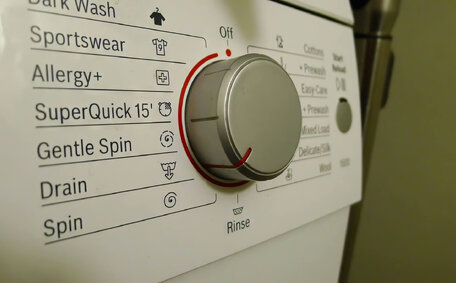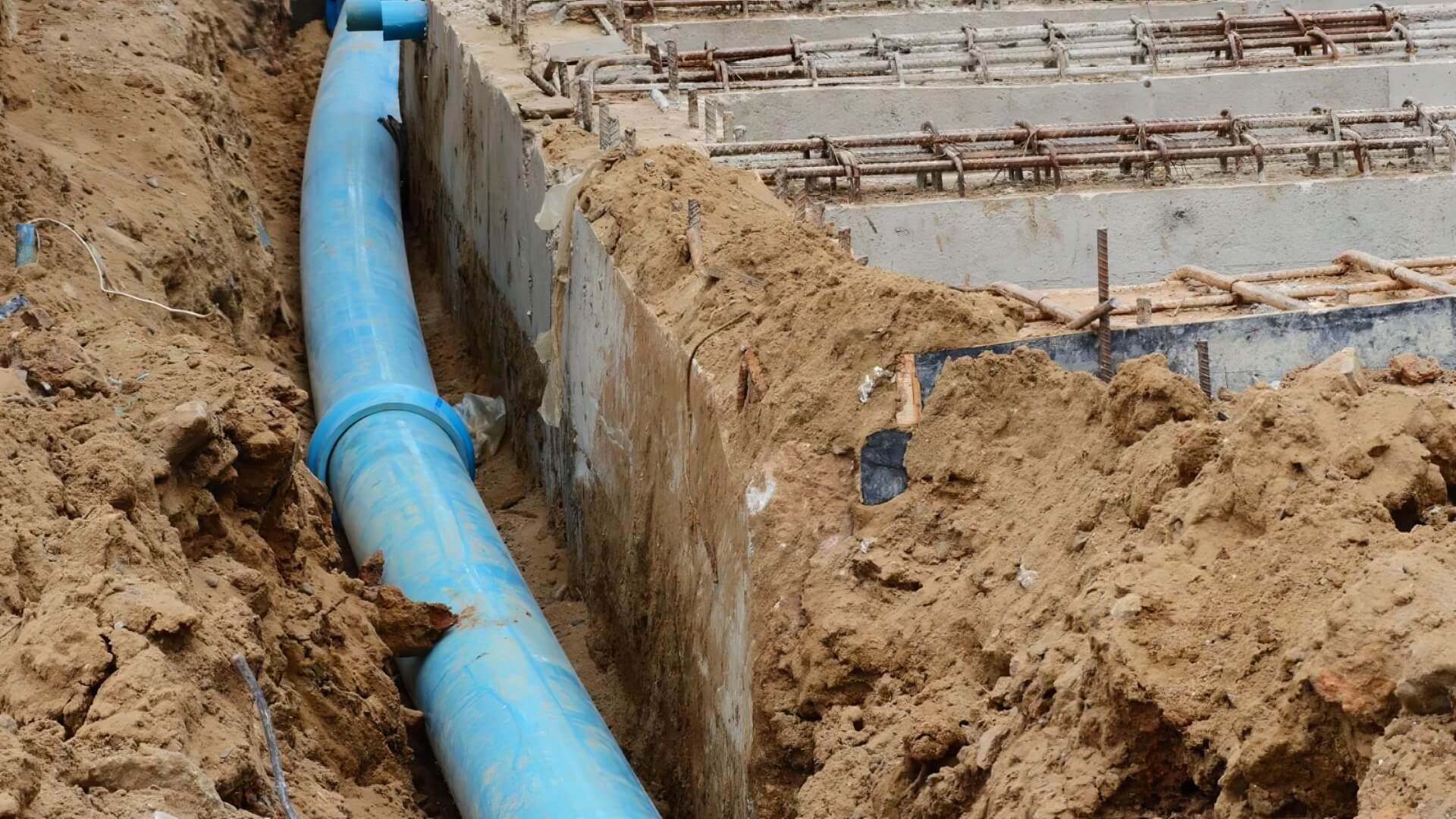Introduction to Natural Gas and Its Ubiquity
In St Marys, Sydney, and across Australia, natural gas, especially shale gas from hydraulic fracturing, is extensively used in homes. Renowned as a cleaner energy source, natural gas produces less air pollution compared to other fossil fuels like coal or oil.
Its adaptability for cooking, heating, and powering appliances underscores natural gas’s versatility for culinary and thermal comfort.
Natural gas connects to over 90% of Australian homes, marking it as a principal energy source. The sweeping gas pipeline network taps into the extensive reserves natural gas provides, ensuring a convenient and readily available energy source for homes. Its ubiquity and availability right at your home makes your natural gas an appealing option.
However, similar to other flammable materials, natural gas poses risks if mishandled. Vigilance is warranted to prevent any potential gas leaks in your natural gas system, identify signs of leaks, and react suitably. We’ll delve into what to do gas leak scenarios and key natural gas safety measures and the potential risks of natural gas, so you’ll know what to do to mitigate hazards and secure your home and family.
The Benefits and Usage of Natural Gas
Burning natural gas yields significant benefits, explaining why it’s favoured for domestic and commercial use. Firstly, burning natural gas is more efficient in energy terms than other fossil fuels like coal or oil.
Per unit of energy released, gas used is energy safe and improves air quality by emitting nearly 30% fewer parts per million of carbon dioxide. Switching to cleaner natural gas as recommended by environmental protection agencies could promote a shift towards renewable energy and reduce greenhouse gas emissions, supporting climate initiatives like those advocated by the Chan School of Public Health.
Natural gas, supplying more than 20% of the world’s energy and widely consumed in the United States, aligns with environmental protection standards. Alongside lower emissions, PSE Healthy Energy’s findings indicate that natural gas has health benefits due to its clean combustion, producing minimal soot and sulphur. This leads to reduced hazardous air pollutants and diminished greenhouse gas emissions, affecting the health outcomes on public well-being, an issue emphasised by the Chan School Public research.
Eco-conscious consumers benefit from the on-demand gas supply, distributed through an extensive pipeline network. Gas appliance options such as gas stoves, geysers, and heating systems can utilise natural gas, offering benefits without compromising serious health concerns when safety measures are observed.
Natural gas excels in cooking, heating homes, and powering appliances, electricity generation, and industrial processes. Advantages like energy efficiency, reduced emissions, abundant supply, and versatility have solidified natural gas as a global energy frontrunner.
Health and Safety Risks of Natural Gas
While natural gas is upheld as the cleanest burning fossil fuel and natural gas safe for use, a leak in your system still presents health and safety hazards if mishandled. Some cases present key risks to be aware of and include:
Gas Leaks and Explosions
A critical risk is gas leaks that can lead to explosions; despite gas typically being odourless, odorants are added for easier detection.
If you suspect a gas leak, evacuate immediately, dial local emergency services, and then contact your gas supplier.
Toxic Fumes
A primary safety concern with natural gas is the risk of asphyxiation and poisoning from toxic fumes if it accumulates indoors without adequate ventilation. Incomplete burning can generate toxic gases like carbon monoxide and nitrogen dioxide, which can be harmful even in small amounts. Other hazardous air pollutants in unburned natural gas include benzene, which carries significant health risks as a known carcinogen.
Climate Impact
Although natural gas is cleaner-burning than coal oil, it still releases carbon dioxide and methane into the atmosphere. Concerns persist about methane leaks from shale gas operations, related to gas infrastructure integrity and the meticulous upkeep of gas wells. Though natural gas also emits less CO2 per unit of energy than other fossil fuels, its usage still enables dependence on nonrenewable resources.
These emissions contribute to climate change, furthering concerns about their impact on global health.
Safety Tips
You can diminish risks associated with natural gas by taking safety steps to off gas securely:
- Ensuring all of your natural gas appliances undergo regular servicing by certified technicians
- Installing carbon monoxide detectors
- Checking flexible gas lines and gas cylinders for wear and tear
- Being vigilant if it smells like rotten eggs and evacuating immediately upon detection
- Ensuring adequate indoor ventilation when using your gas stove or heaters
Identifying Natural Gas Leaks
Pinpointing natural gas leaks promptly is vital for safety, as highlighted in our gas safety tutorials. Natural gas suppliers add mercaptans, a pungent odourant, to help detect leaks more efficiently.
Trust your senses and respond quickly if you detect a rotten egg odour or other unusual smells from your gas appliances, indicating a possible leak. Other signs suggesting a gas leak include:
- Hissing, whistling or roaring sounds coming from gas appliances or pipes
- Dead or wilting greenery in zones usually covered by snow ice
- Flames coming from the ground or burnt vegetation
- Bubbles in wet areas on the ground
- Dirt being blown into the air
- A hissing or whistling noise near gas lines or appliances
A reliable method to identify leaks is spraying soapy water on the pipes; bubbles indicate an escape of gas, which is lighter than air. If you notice bubbles, it’s a sign that any gas is escaping from that specific spot.
If you detect a leak, promptly evacuate the premises, ensure the gas supply is turned off if safe, and call emergency services. Do not use phones, and ensure to switch off your gas and any electronic devices, refrain from smoking, or do anything that could trigger a spark. Let professionals holding a gas work licence handle inspection and repairs before re-entering the property.
Increasing ventilation can enhance indoor air quality and prevent hazardous fume accumulation when using natural gas appliances. Consider installing carbon monoxide detectors as an added precaution.
Steps to Take in a Gas Leak Emergency
When natural gas is in question, and you suspect a leak in your home, follow these emergency steps:
- Evacuate immediately. Get everyone out of the building and move a safe distance away upwind.
- Call 000 from outside. Explain the gas leak situation and your address.
- Do not use any phones, electronics, or appliances in the house as they could produce sparks.
- Do not operate light switches or vehicle air systems on or off.
- Do not smoke or use lighters.
- Turn off the main gas supply valve from outside to secure the area, but only if it is safe.
- Wait for emergency responders. Let professionals assess the leak. Do not re-enter until cleared as safe.
- Call a licensed gasfitter for inspection and repairs before restoring gas supply.
- Ensure the area is flushed with fresh air well after the all-clear.
- Consider installing gas leak detectors as a safety measure.
A quick response to a gas leak is critical. Turning off the main gas valve contributes to your house’s safety. Evacuate the area, notify emergency services, remove ignition sources, and leave repairs to professionals.
Regular Maintenance to Mitigate Dangers
Qualified professionals conducting routine maintenance and servicing of gas appliances are essential for health safety and preventing leaks or hazards.
Gas pipelines, stoves, water heaters and other equipment endure wear and tear over time. Small leaks or issues may arise that remain undetected without regular inspections, including those near the gas meter.
Annual Servicing Is Crucial
Experts suggest having a licenced technician check all gas appliances annually, including fixed gas lines, connections, stoves, water heaters, and any gas-powered units.
During servicing, the technician also:
- Check all fittings, seals and connections for tightness
- Ensure adequate ventilation for appliances
- Test for gas leaks with leak detection spray
- Clean or replace air filters if required
- Adjust burner flames for efficiency
- Examine the heat exchanger for cracks or corrosion
- Verify correct gas valve operation
- Check safety pilot light systems
- Assess overall functionality and safety
Timely repairs or parts replacement preempt dangerous situations. Neglecting appliance servicing risks gas leaks, explosions, carbon monoxide poisoning or faulty units.
Repair Issues Promptly
If you experience any problems with gas equipment in between service checks, engage a licenced professional promptly. Warning signs include:
- Visible corrosion or damage
- Abnormal sounds during operation
- Pilot lights frequently blow out
- Yellow rather than blue flames
- Higher than normal energy bills
With regular maintenance checks, gas appliances safely deliver reliable performance year after year.
Natural Gas Detectors for Home Safety
Installing natural gas detectors is one of the most crucial safety measures you can take in a home with gas appliances. By installing both natural gas and carbon monoxide detectors, you gain an additional layer of protection through the early detection of leaks or toxic fume accumulation.
How Gas Detectors Work
Natural gas LPG detectors have sensors designed to detect methane or LP gas, triggering alarms when potential leaks occur. They sound a loud alarm if concentrations in the air cross unsafe levels. This allows quick evacuation and hazard mitigation.
Simultaneously, detectors monitor carbon monoxide levels in the atmosphere. This toxic gas has no odour yet can prove fatal even in small doses after prolonged exposure. Detectors alert residents to rising CO levels from incomplete combustion so they can ventilate spaces before it becomes dangerous.
Detector Placement Tips
Adhere to these placement recommendations for maximum gas safety:
- Install one natural gas detector per floor near combustion appliances
- Ideally install CO monitors on every level and in every bedroom
- Plug detectors into outlets instead of relying on battery power alone
- Place units at breathing height for quickest response times
- Do not install behind furniture or curtains that can muffle the alarm
Regular Maintenance
Monthly testing of all detectors by pressing their test buttons ensures batteries and functionality. Replace worn out batteries yearly. Detectors may become less sensitive after 5-7 years and will need replacement with newer models.
Partner With the Experts
Ensuring home safety requires professional assistance. For gas leak repairs, detector installations, appliance servicing, and emergencies, contact St Mary’s Plumbing for reliable service.
Call 1300-000-000 or email jobs@stmarysplumbingservices.com.au to schedule detector installations or safety inspections by our licenced technicians.






